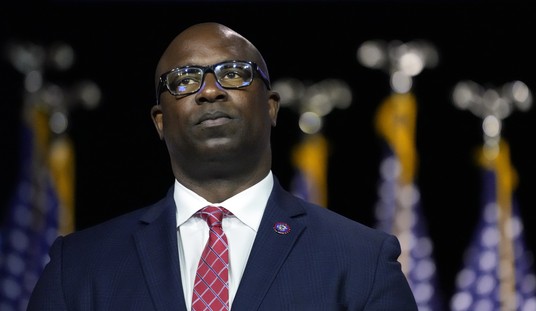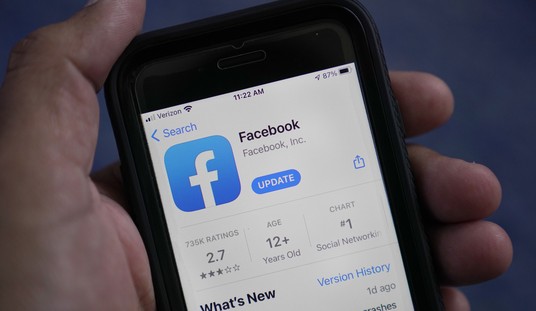Was scouring the internet today when I came upon this post and this post that got me cogitating.
I am not a programmer, or an engineer, but I have an appreciation for their skills. It always amazes me to see someone take an idea and put it into a product. They do this daily. There is as much art to writing great code as their is to a Monet at an art museum, it’s just that for neophytes like me it’s a lot harder to appreciate.
This is the part that got me thinking,
Second is the notion of a network of networks (hence Internet) or as it was initially known an “open-architecture network” that would connect networks that could be separately designed and maintained, recognizing that different approaches would be best for different settings (business versus military, radio transmission versus wire, etc). This idea was first put forth in the early 1970s by Bob Kahn. After setting out crucial core principles of “open-architecture” such as no global network control (i.e., a distributed system) and only requiring best effort (i.e., no guarantee of delivery), Kahn worked with Vint Cerf on coming up with a protocol. Their incredibly productive collaboration results in a first version of what became known as the Transmission Control Protocol (TCP) that allowed for reliable information transmission and still adhered to the core principles of an open architecture
The internet is open architecture. That core concept is the beauty of it. It is its own free market with supply and demand curves and a unique set of pricing. It’s transparent. Millions of engineers supplying coding combined with millions of businesses demanding certain types of code a certain way to make their businesses profitable. The internet is Coase on steroids.
If a new type of protocol or better way to code is invented, the existing conventions are brushed away. The best pieces of them are saved, or updated to conform to the new convention. As a consumer of the internet, I rarely if ever notice the change. There are costs to switching from one protocol to another, one code to another and developers decide whether or not to pay those costs independently from each other with no central regulator telling them what to do. They act in the best interests of themselves.
Recommended
That is a basic convention of classical economics. Millions of people intersect in a marketplace forming supply and demand curves that derive a price. That price signals to the market and new behavior patterns form. When the price gets too high, the market innovates and creates something new, driving down or destroying the old good. Creative destruction.
The most profitable internet businesses have a lot of open source to them. Google for example. Linux is an open source operating system that is constantly being updated and made better by individuals acting in their own interest. Stocktwits is an example of an open source information stream. Anyone can sign up for Twitter and anyone can opine on the stuff going on there. Everyone on the stream is acting in their own self interest. Entrepreneurial groups form and deconstruct based on the circumstances at the time.
This open source is driving innovation that is making all of humanity more productive and collaborative. Yet, there is not one single central regulatory or protocol agency mandating that engineers or coders use one form or another. Everyone is free to choose.
Chris Huntis may have said it best in the comments, The internet is like water: try to grab it and it slips through your fingers.
If the internet is a real world example of how classical economics can best benefit society, why are we so hell bent on regulating, setting prices and trade standards and all the rest of the micro manipulating government does to try and “manage” a marketplace? It’s clear that centrally planned economic decisions don’t work. The broader market is way more efficient and can deliver goods and services at a cheaper price with more quantity than any government entity.
The initial developers without consciously considering it developed a classical economics model when producing the first standard protocols. It should be a lesson to us all. When developing a new business, a new regulation, or a new law, use classical economic principles as your base theory for that effort. The world will be a better place because of it.

























Join the conversation as a VIP Member